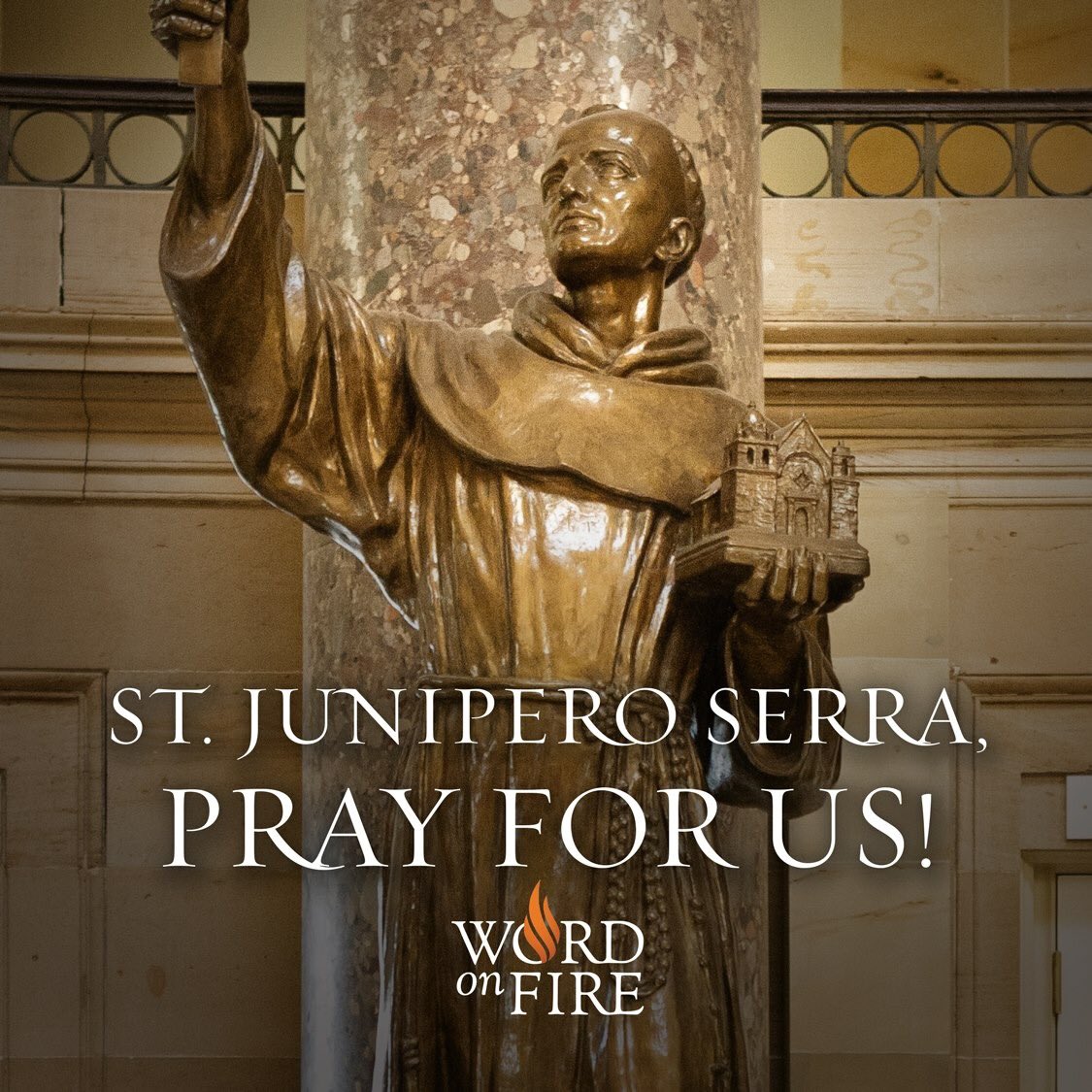From his Misericodiae Vultus:
Mercy is not opposed to justice but rather expresses God’s way of reaching out to the sinner, offering him a new chance to look at himself, convert, and believe. The experience of the prophet Hosea can help us see the way in which mercy surpasses justice. The era in which the prophet lived was one of the most dramatic in the history of the Jewish people. The kingdom was tottering on the edge of destruction; the people had not remained faithful to the covenant; they had wandered from God and lost the faith of their forefathers. According to human logic, it seems reasonable for God to think of rejecting an unfaithful people; they had not observed their pact with God and therefore deserved just punishment: in other words, exile. The prophet’s words attest to this: “They shall not return to the land of Egypt, and Assyria shall be their king, because they have refused to return to me” (Hos 11:5). And yet, after this invocation of justice, the prophet radically changes his speech and reveals the true face of God: “How can I give you up, O Ephraim! How can I hand you over, O Israel! How can I make you like Admah! How can I treat you like Zeboiim! My heart recoils within me, my compassion grows warm and tender. I will not execute my fierce anger, I will not again destroy Ephraim; for I am God and not man, the Holy One in your midst, and I will not come to destroy” (11:8-9). Saint Augustine, almost as if he were commenting on these words of the prophet, says: “It is easier for God to hold back anger than mercy”. And so it is. God’s anger lasts but a moment, his mercy forever.
If God limited himself to only justice, he would cease to be God, and would instead be like human beings who ask merely that the law be respected. But mere justice is not enough. Experience shows that an appeal to justice alone will result in its destruction. This is why God goes beyond justice with his mercy and forgiveness. Yet this does not mean that justice should be devalued or rendered superfluous. On the contrary: anyone who makes a mistake must pay the price. However, this is just the beginning of conversion, not its end, because one begins to feel the tenderness and mercy of God. God does not deny justice. He rather envelopes it and surpasses it with an even greater event in which we experience love as the foundation of true justice. We must pay close attention to what Saint Paul says if we want to avoid making the same mistake for which he reproaches the Jews of his time: “For, being ignorant of the righteousness that comes from God, and seeking to establish their own, they did not submit to God’s righteousness. For Christ is the end of the law, that every one who has faith may be justified” (Rom 10:3-4). God’s justice is his mercy given to everyone as a grace that flows from the death and resurrection of Jesus Christ. Thus the Cross of Christ is God’s judgement on all of us and on the whole world, because through it he offers us the certitude of love and new life.
















